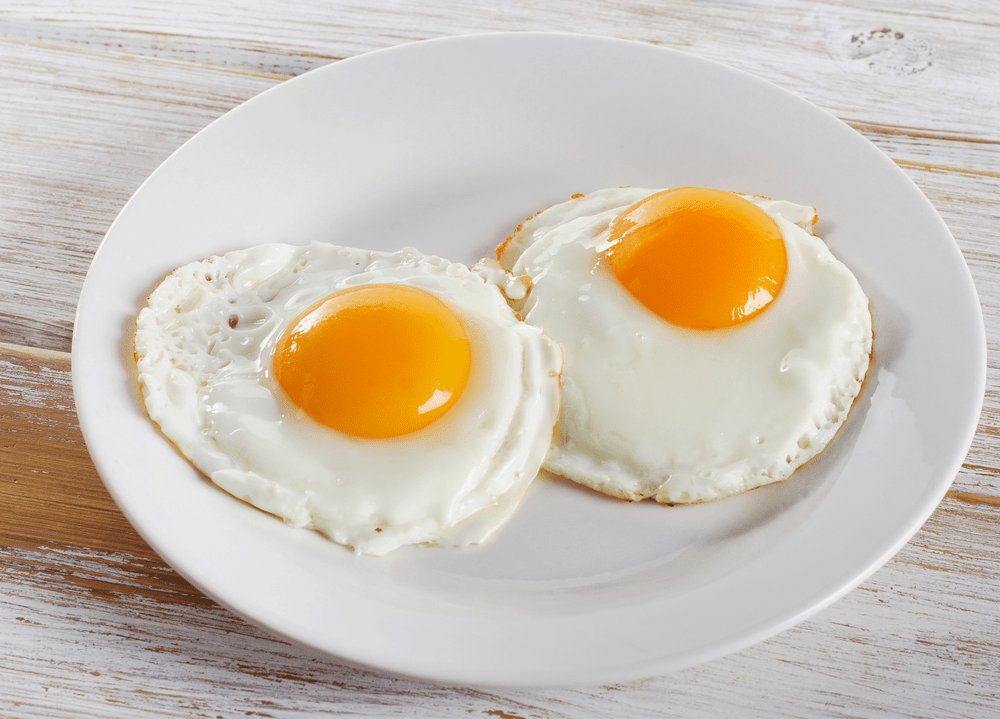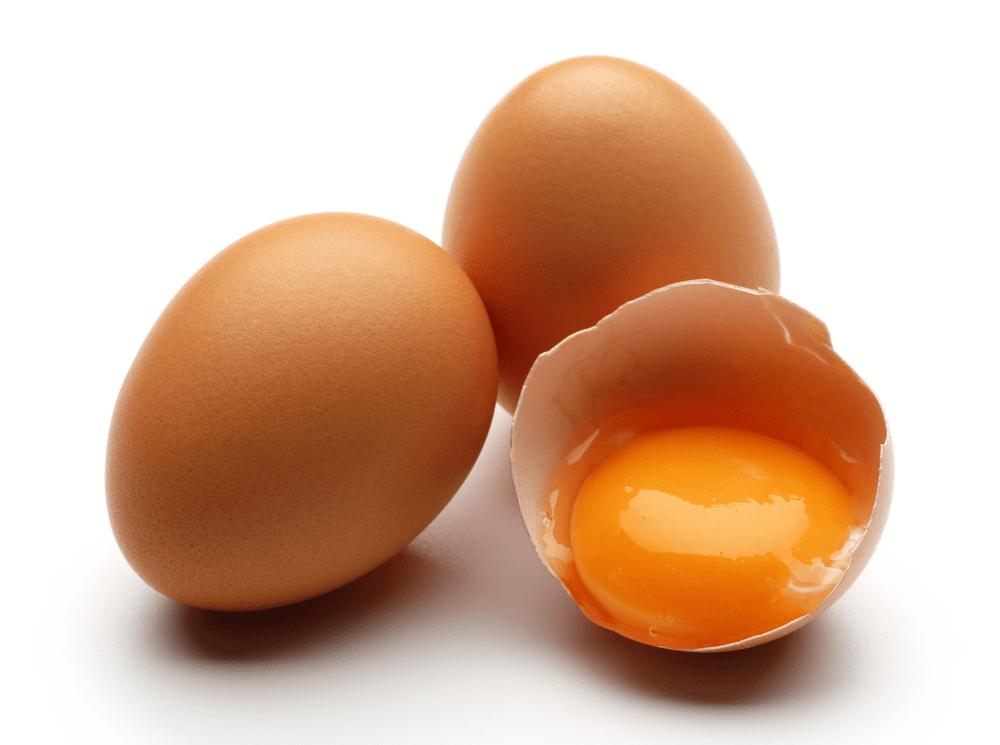Eggs have become an essential part of our diet. Fortunately, it has many hidden benefits, excluding a rich source of protein. In this article, we focus on how much protein in an egg. Nowadays, the fact not hidden that eggs are one of the high-quality protein sources which naturally found.
Although meat has a higher amount of protein than egg, the egg is available in the market at a low cost, which is why you can say a good alternative. More critical just like apple cider vinegar, an egg also provides the feeling of fullness.
It was observed that people who take two eggs for breakfast could save 450-500 calories during the whole day with this diet. A regular uncooked egg contains 75 calories per unit, which shows how light an egg with high-quality protein and fewer calories is.
Structure of an Egg
The egg’s inner part consists of two divisions: one is the white part, and the other is the yolk. Some of the researchers consider that most of the protein is found in the white section. But there is no absolute reality in that phenomenon because almost 50% of proteins are located in the yolk. But it can be said more calories are found in the yolk. Next, we will discuss how much protein an egg usually contains.

How Much Protein in an Egg
Well, the amount of protein in an egg depends on the size of the egg. A small egg of almost 40 grams contains 5 grams of protein. A healthy egg or a medium egg of 48-50 grams contains 6 grams of protein, 3 grams in the white part, and the remaining is found in the yolk. A large and jumbo large egg includes 7 and 7.9 grams of protein, respectively, weighing 50-70 grams.
Does Cooking Improve The Quality of Proteins?
Yes, the cooked egg is more digestible than an uncooked egg because, in more than two researches, it has been observed that almost 90-95% of proteins can be consumed with a fried egg, and from an uncooked egg, a person can absorb 50% of protein only.
Comparison of Fried, Boiled and Raw Egg

- A healthy fried egg contains the same amount of protein, but the amount of calories jumps high, around 120 calories per unit, due to the usage of oil.
- A regular raw egg contains the same amount of proteins, and the calories used found in that egg are around 75 calories per unit. However the digestibility of proteins becomes lesser than a cooked egg.
- Approximately 80 calories per unit are found in a boiled egg, but the amount of proteins never changes. A boiled egg is the most beneficial type of egg to eat.
Some Other Benefits of Eggs

- Eggs are beneficial for weight loss due to the number of low calories in an egg with high-quality protein. As discussed above if you take two boiled eggs in the breakfast, then you can save almost 350-400 calories consumption in the latter part of the day due to the feeling of fullness.
- During pregnancy and breastfeeding amount of choline from the egg can help the healthy brain development of the newborn baby.
- It also contains some essential nutrients to decrease the risk of heart disease. Recently, research has been done on more than half a million people in China. It was successful in terms of heart disease if one egg in a day was used primarily for breakfast.
- The amount of Vitamin D in the egg is also helpful to protect the bones in the body, with the usage of at least one egg a day.
Bottom Line
Including a lot more benefits of using eggs and high-quality protein on things must be kept in mind. For cholesterol, the patient’s egg is prohibited more than 4 in a week because there are almost 5 grams of cholesterol in a giant egg, which is not permitted for high blood pressure and cholesterol patients.
Overall, eggs are beneficial for health because it has high-quality protein at a low cost. Even everyone can afford an egg in a day. An average healthy person needs 56g of protein in a day, and only two boiled eggs provide 12 grams of protein with a consumption of 160 calories. It means it can help to get rid of belly fat, love handles, and many more. All in all, Eggs have more benefits than side effects. So, it is a proper diet for young ones.

